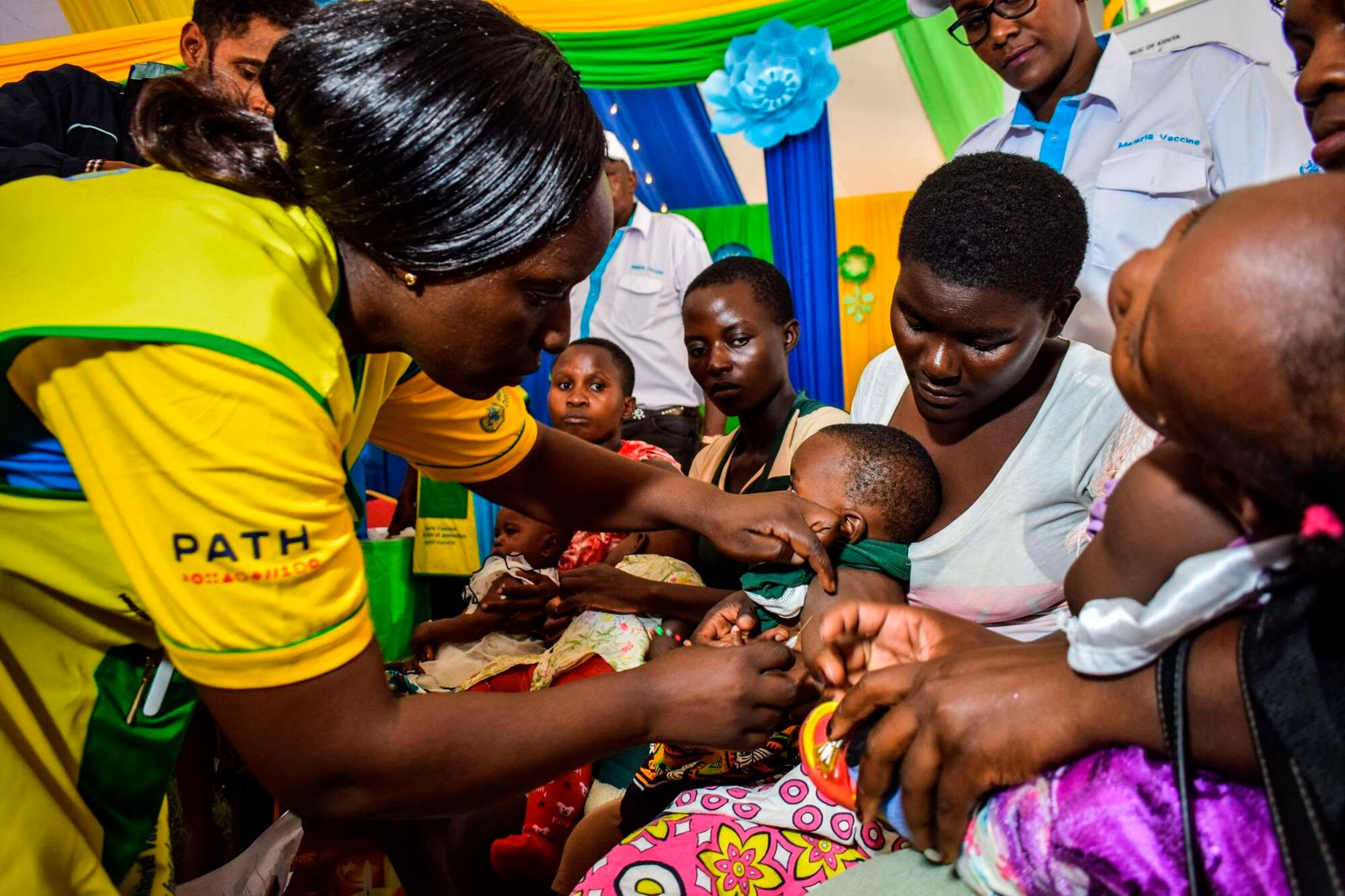[ad_1]

An experimental malaria vaccine has shown promising results in a cohort of Tanzanian infants, bringing hope for effective long-lasting protection against the disease.
Malaria, which claims over half a million lives annually according to the World Health Organisation, lacks an efficient vaccine.
If proven to be effective and safe, the experimental malaria vaccine could bring hope to one of the groups most vulnerable to severe malaria disease.
Researchers of the early-stage phase 1b trial have discovered that targeting the RH5 protein, used by the malaria-causing Plasmodium falciparum parasite to invade red blood cells, can generate a robust immune response in infants.
Phase 1b Clinical Trial is a clinical trial of an investigational product in patients with the primary objective of characterising its safety, tolerability, and pharmacokinetics and identifying a recommended dose and regimen for future studies.
Read:Africa losing out for failing to own patents for drugs it makes
Until now, the only WHO-approved malaria vaccine currently available is RTS,S, which offers partial protection against the disease. However, it targets the sporozoite stage of infection when parasites enter the liver and does not provide comprehensive defence.
Senior author Angela Minassian from Oxford University explained that even if one parasite evades RTS,S vaccination and multiplies in the liver infection could still happen.
“Anti-sporozoite vaccines such as RTS,S need to be 100 percent effective in stopping the parasite from invading the liver to prevent disease,” explained Minassian, a clinician scientist at the University of Oxford.
“Even if just one parasite slips through the net, this will then go on to multiply in the liver, burst out into the bloodstream, and infect red blood cells where the parasites then grow at an exponential rate.”
“Having a blood-stage vaccine like RH5 on board gives you a second line of defence once the parasite has entered the bloodstream, allowing a second chance to stop malaria before it causes illness.”
Malaria occurs when an infected mosquito injects Plasmodium falciparum into a person’s body through biting them.
Vaccines such as RTS,S educate the immune system on how to target Plasmodium during its sporozoite stage before it invades liver tissue.
Read: 12 African countries to get 18m malaria jabs
Once matured parasites are released from the liver into circulation, they display RH5 proteins and infect red blood cells causing disease symptoms.
The combination of anti-sporozoite vaccines with anti-RH5 alternatives could potentially yield more effective protection against malaria for extended durations.
In this study conducted in Bagamoyo, Tanzania where malaria prevalence reaches 13 percent, the primary objective was to evaluate vaccine safety in an endemic malaria population.
Promoting an immune response constituted a secondary outcome of this study. Researchers observed that recipients of the malaria vaccine developed antibodies against RH5 during follow-up blood tests.
In laboratory experiments, these antibodies demonstrated high levels of growth inhibition against malaria parasites associated with disease protection.
The authors suggest further progression to phase IIb field efficacy trials to assess whether parasite growth-inhibition levels can ultimately safeguard against clinical malaria.
Read: Nigeria approves UK malaria vaccine for children
“The data in the phase 1b trial reported here confirm, for the first time, that substantial anti-RH5 immune responses can be achieved safely by vaccination in infants from a malaria-endemic area,” say the authors in a news release last week.
Interestingly, infants under 11 months exhibited the strongest immune responses, followed by children aged 1-6 years and then adults. The reasons behind such heightened antibody production among young participants require further investigation since both anti-sporozoite and blood-stage strategies necessitate substantial antibody levels for effective protection.
[ad_2]
Source link



